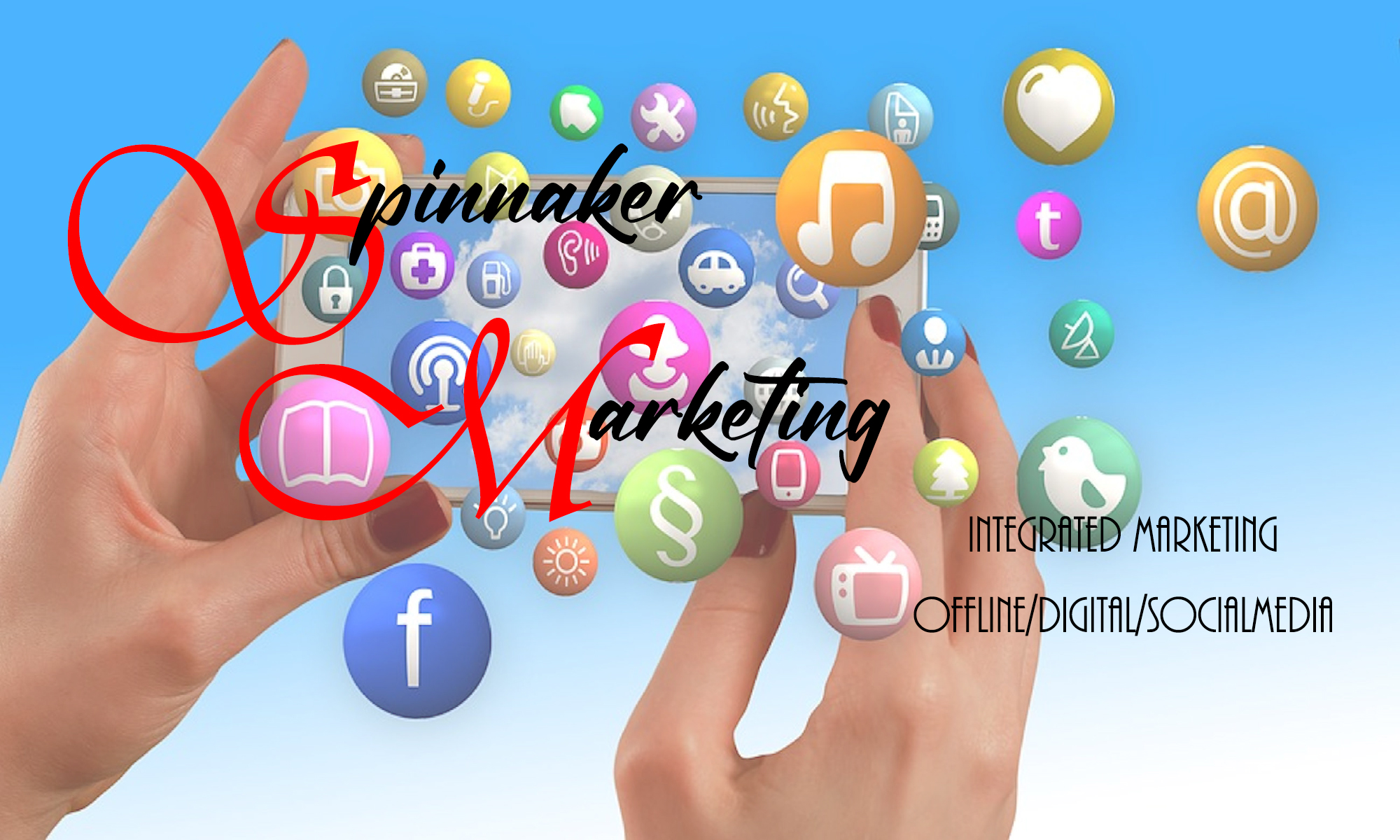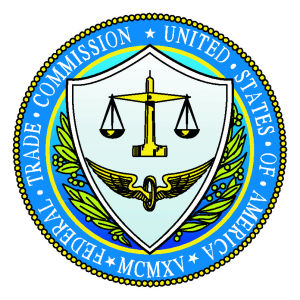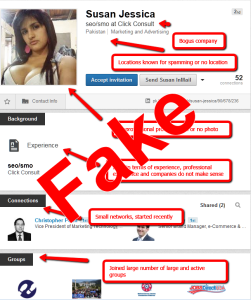 Facebook hides user comments on business page to cozy up with advertisers.
Facebook hides user comments on business page to cozy up with advertisers.
A lot has been written about Facebook moving away from being a social media platform to being an advertising medium.
Over the past few years, Facebook has steadily modified its algorithm to gradually shrink organic reach of posts on business pages down to a trickle, the last 2014 figures show the average post with around 2.6% reach. The goal of course is to coerce business into buying Facebook ads, something Facebook had not been very successful at in the past. Obviously the new approach is working since Facebook showed $12.47 Billions in revenue for 2014.
In an effort to sweeten the deal and make friend with advertisers Facebook quietly deployed a new feature collapsing and further hiding users’ comments at the bottom left of the business page where few users will find them and if they do find them, they will only see a few posts unless they click on a non descriptive icon that is if they know where to look for Continue reading “Facebook Hides User Comments On Business Pages”









